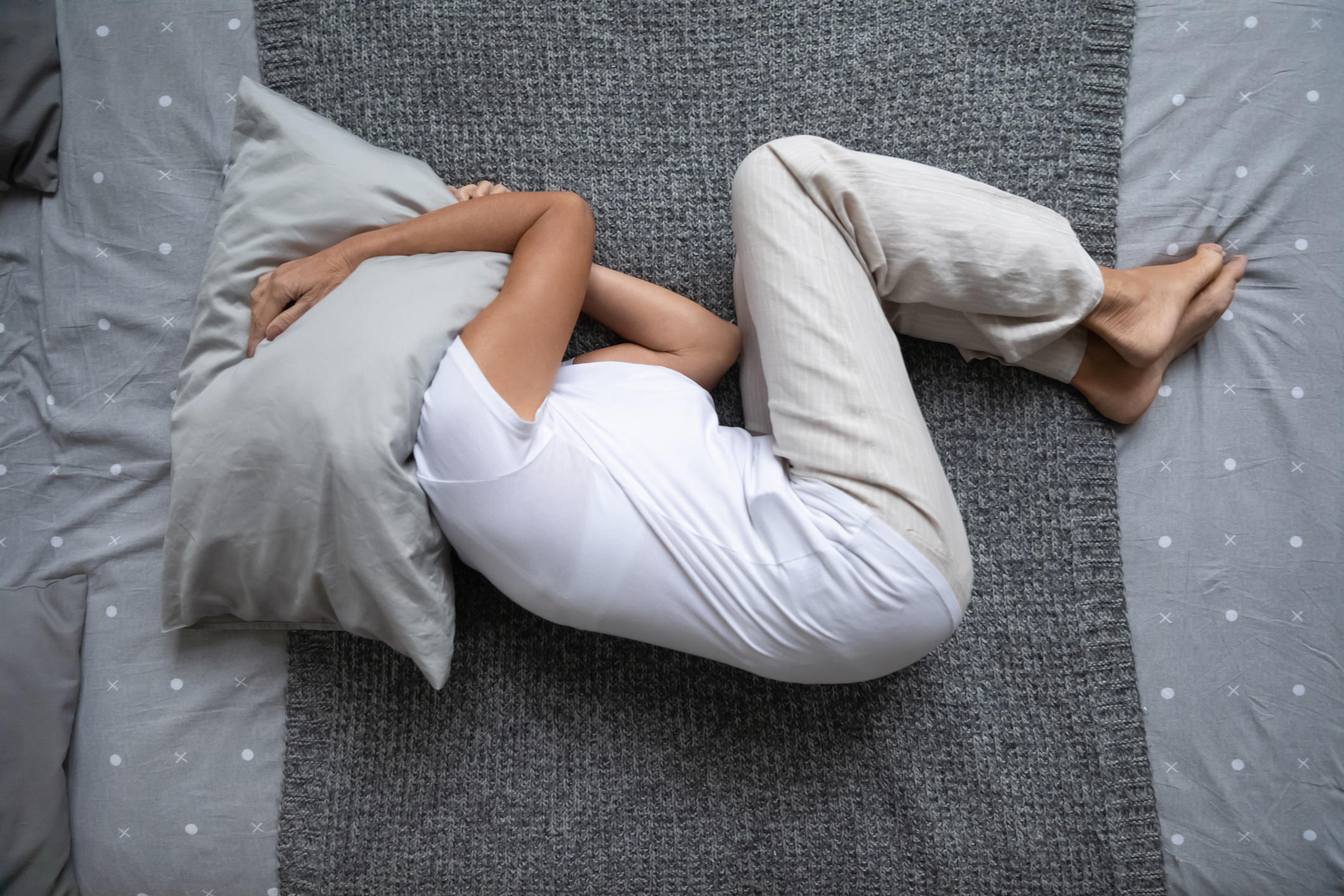To make the most of each day, we need to eat a healthy diet, get physical activity, and stay socially connected. But without the foundation of a good night’s sleep, all the best intentions for being productive and making a meaningful contribution can be thwarted by fatigue, irritability, and lack of focus. Sleep disruptions caused by sharing a bed with a partner who snores, or who has different sleep-wake patterns can lead to relationship problems and overall poorer health and well-being.
Many couples believe that if they sleep in separate rooms, their relationship and sex life will suffer – that a “sleep divorce” may place them one step closer to an actual divorce. But with good communication, sleeping apart can be healthy for some couples, and research has found that when people are well-rested they are happier, more empathetic, more attractive, funnier, and better communicators. According to a recent TED “How to Be a Better Human” series, for couples who are out of sync in their sleep habits, sleeping apart can help sustain a strong relationship.
Placing greater value on proper rest can not only improve relationships, but the brain clears itself of toxins during sleep, helping to protect brain health and cognitive function. Sleep is also associated with higher emotional intelligence and better mental health, according to research published in the Journal of Sleep Research. Sleep deprivation can also have a significant impact on mood, and contribute to poorer performance at work and in daily activities.
The Takeaway?
Prioritizing to avoid sleep disruptions can not only help us function better in our daily lives but getting more and better quality rest may improve our closest relationships. Getting more sleep can also improve physical performance, boost mood, and enhance memory. Research suggests aiming for between 7 and 9 hours of sleep. Try turning off devices an hour before bed, limiting alcohol and caffeine, and creating a calming nighttime ritual to promote a good night’s rest. Keep the bedroom cool, quiet, dark, and free of disruptions such as mobile phones or pets.






Add Your Voice
0 Comments
Join the Discussion